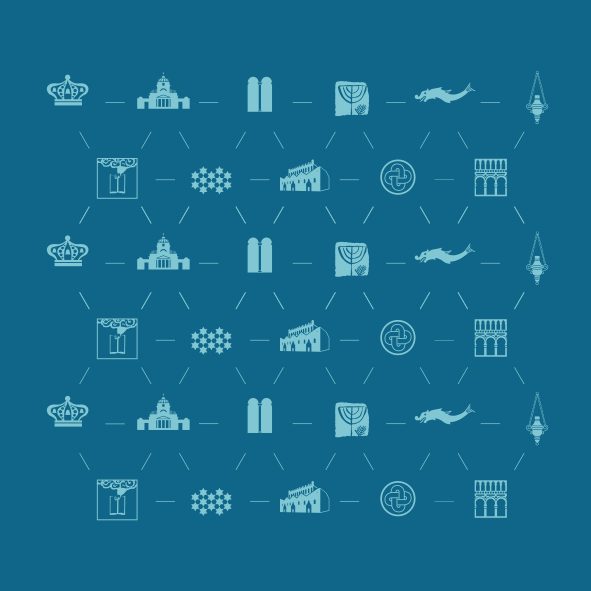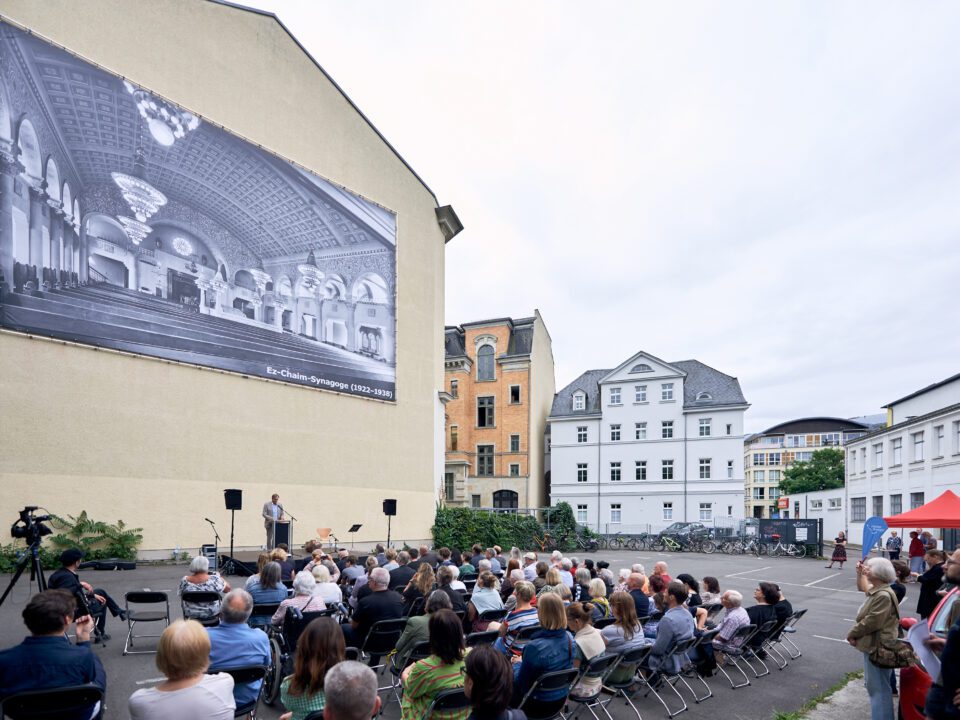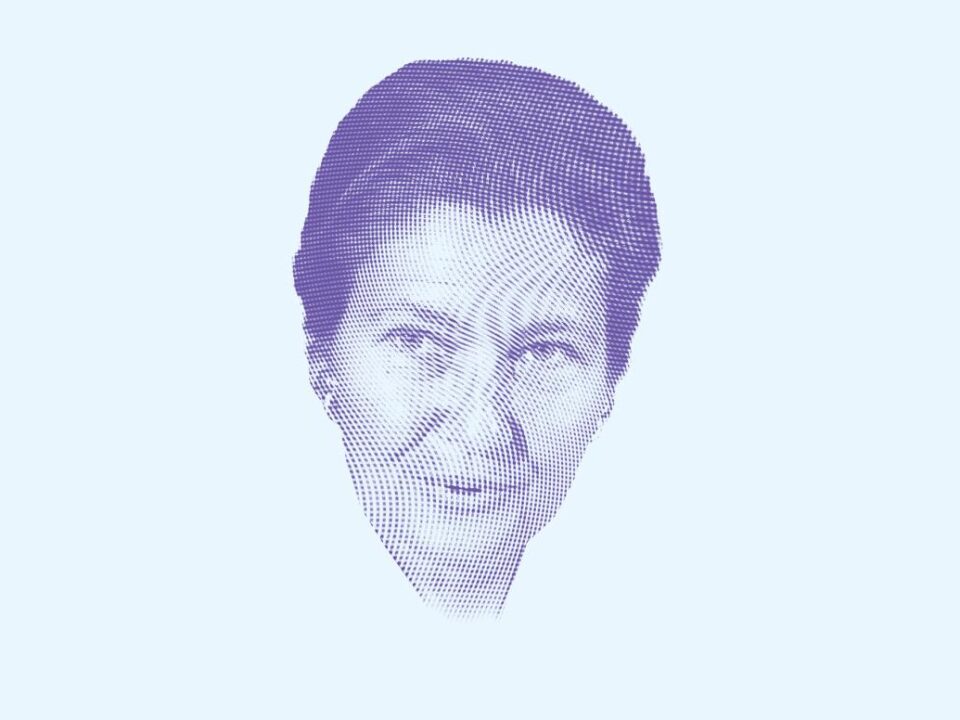AEPJ participates in the 13th Annual Advisory Forum on Cultural Routes


Between September 25 and 27, 2024, the AEPJ took part in the 13th Annual Council of Europe Cultural Routes Advisory Forum, held in the historic town of Visegrad, Hungary. Organized by the Enlarged Partial Agreement on Cultural Routes of the Council of Europe (EPA) and the European Institute of Cultural Routes, in cooperation with the Hungarian Ministry of Culture and Innovation and the Hungarian Open Air Museum, this year’s event focused on “Transmission and Innovation: Encouraging Youth Participation along the Council of Europe Cultural Routes.”
The Forum brought together over 400 participants from 40 countries, including delegates from CoE-certified routes, international organizations such as UNESCO and the United Nations, representatives from 41 member states of the EPA, as well as academics, tourism professionals, and civil society organizations. This diverse gathering aimed to foster collaboration and discuss key challenges and opportunities for the future of Europe’s cultural heritage, with a special emphasis on engaging younger generations.
The opening ceremony featured key figures such as Mr. Dénes Eőry, Mayor of Visegrád; Mr. Máté Vincze, Deputy State Secretary for Public Collections and Cultural Development of Hungary’s Ministry of Culture and Innovation; and Ms. Meltem Önhon from Türkiye, Chair of the EPA Governing Board. These officials welcomed the attendees and highlighted the importance of cultural routes as both transmitters of European values and as platforms for youth involvement in cultural heritage preservation.
Central to the discussions were how innovation and transmission of knowledge can be used to enhance youth participation while safeguarding Europe’s vast cultural and historical legacy. The program offered a variety of panel discussions, workshops, and working group meetings that allowed participants to exchange ideas on best practices, share their experiences, and present successful initiatives aimed at engaging younger audiences in heritage and culture.
The first working sessions were dedicated exclusively to representatives of certified cultural routes, focusing on the work of various task forces and working groups. These sessions were aimed at reviewing and refining the methodology for future collaborations, taking into account the growing number of certified routes and the evolving challenges they face. This effort is crucial to ensuring that cultural routes continue to play a vital role in fostering intercultural dialogue, promoting sustainable tourism, and encouraging youth engagement.
A highlight of the event was the formal recognition of cultural routes renewing their certification. Seven routes received renewed certification following the 2023-2024 cycle, including the Santiago de Compostela Pilgrim Routes, The Hansa, Via Francigena, and the European Route of Historic Gardens. In addition, two new cultural routes were certified: the “Leonardo da Vinci Route” and the “European Route of Historic Pharmacies and Medicinal Gardens,” underscoring the program’s continued expansion and relevance.
Victor Sorenssen, representing the AEPJ, participated as part of the European Routes of Jewish Heritage, which has been certified by the Council of Europe since 2004. Victor also leads the working group on Cooperation between Cultural Routes. Over the course of the Forum, he engaged with other network directors and ministerial representatives, discussing potential collaborations and strategies for promoting cultural diversity and youth engagement within the framework of the European Route of Jewish Heritage.
Beyond the sessions and meetings, participants had the opportunity to explore the cultural richness of Visegrád. Located just 40 kilometers north of Budapest, Visegrád is known for its medieval architecture, including the 13th-century Citadel and the Royal Palace. Attendees were treated to a guided tour of these landmarks, offering a deeper connection to the region’s history and culture. The Forum’s final segment featured a scenic boat trip along the Danube, from Visegrád to Budapest, offering delegates a chance to appreciate the landscape and continue informal discussions.
The closing ceremony, held at the prestigious Vigadó Concert Hall in Budapest, marked another important moment in the Forum. Ms. Zsófia Nagy-Vargaha, Deputy State Secretary for Youth, Ministry of Culture and Innovation of Hungary, delivered a keynote speech, followed by a video message from Mr. Bjørn Berge, Deputy Secretary General of the Council of Europe. Estonia was also formally welcomed as the newest member of the EPA, highlighting the continuous growth of the Cultural Routes network.
As the Forum concluded, the importance of cultural routes as vehicles for promoting European values and encouraging youth engagement became clear. The AEPJ’s involvement in this Forum further strengthens its commitment to fostering intercultural dialogue, preserving Jewish heritage, and ensuring that younger generations play an active role in these efforts.
With renewed energy and a clear vision for the future, the AEPJ looks forward to further collaborations and projects that will continue to enrich Europe’s cultural landscape. A special congratulations is extended to the Forum’s organizers for their outstanding efforts in bringing together such a diverse group of stakeholders to discuss the future of cultural heritage in Europe.



